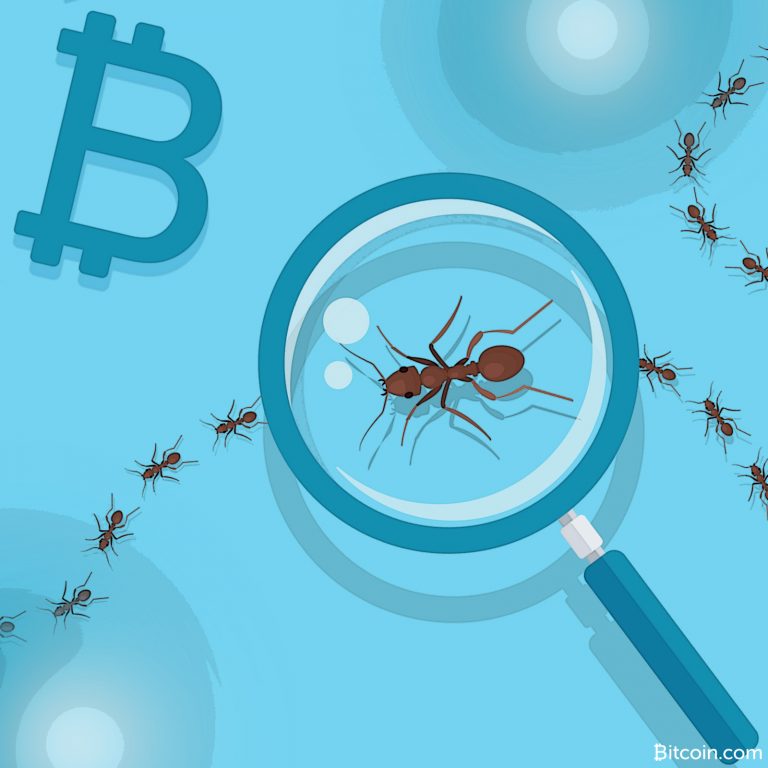
2019-10-27 12:16 |
A crypto entrepreneur has filed a lawsuit against giant telecommunications firm AT&T over an alleged SIM swapping hack which reportedly led to the loss of $1.7 million in digital currency, in an attack targeting three blockchain professionals who attended Consensus 2018
Seth Shapiro, a two-time Emmy Award-winner, author and professor at the University of Southern California School of Cinematic Arts who’s currently head of strategy at VideoCoin, claims in court documents, submitted on October 17, in US District Court for the Central District of California, that AT&T employees intentionally gave hackers repeated access to his SIM card last year.
After obtaining access to Shapiro’s SIM card, the bad actors were able to steal a large amount of cryptocurrency from his wallets, created on several different exchanges (KuCoin, Bittrex, Coinbase, Huobi, Cryptopia, Livecoin, HitBTC, Coss.io, Liqui, Bitfinex, and Evernote). Shapiro says more than $1.8 million in digital currency has been stolen from his wallets.
In a 58-page complaint, Shapiro details how a group of inside employees conspired to carry out back-to-back SIM swaps that have led to the arrest of two former AT&T workers.
“By utilizing their control over Mr. Shapiro’s AT&T cell phone number—and the control of additional accounts (such as his email) secured through that number by utilizing two factor authentication—these third-party hackers were able to access Mr. Shapiro’s accounts on various cryptocurrency exchange platforms, including the accounts he controlled on behalf of his business venture.”
The complaint document further states: “The hackers then transferred Mr. Shapiro’s currency from [his] accounts into accounts that they controlled. In all, they stole more than $1.8 million from Mr. Shapiro in the two consecutive SIM swap attacks on May 16, 2018.”
The lawsuit further claims that two former AT&T workers, based in Tucson, Arizona, helped orchestrate the theft of millions in digital currency. Jarrett White and Robert Jack reportedly received $4,300 and $585.25, respectively, from malicious actors, called “The Community,” in order to provide the six-man hacking group confidential insider information.
The backdoor gave “The Community” access to the victim’s mobile phone, the lawsuit alleges.
Shapiro noted that out of the $1.757 million stolen by the hackers, around $1 million belonged to him while the remaining funds belong to other individuals who had invested in various blockchain initiatives with him.
The hackers also reportedly swapped the SIMs of two other crypto professionals, Chris Kitze and Fiorenzi Villani, who had attended the Consensus 2018 event.
All three victims are listed as partners in several crypto PR firms and investment funds.
All three men are also attending a conference organized by Michael Terpin, another SIM swapping victim who has also filed a lawsuit against AT&T for a SIM robbery that allegedly led to him losing $23.8 million in crypto. Notably, Terpin is seeking $200 million in punitive damages.
Shapiro, Kitze and Terpin are members of Pro Top Company Services, a firm that markets digital asset investment funds. This company has a total of nine members and it closely resembles another BVI-licensed organization, called Alphabit Fund, which has seven members, excluding Shapiro and one other executive, a business development professional based in Japan.
Villani is listed as one of Terpin’s partners in the Transform GROUP PR company, and both will help manage the CoinAgenda conference, held in Las Vegas. All four executives delivered presentations during the event in 2018, however, Shapiro did not be take part in this year’s presentations.
Kitze, an experienced tech entrepreneur, had registered at the 2018 Consensus conference as a senior executive at blockchain-related firm that does not seem to be active.
Shapiro’s VideoCoin team confirmed, at the time of the theft, that it had raised $50 million through an initial coin offering (ICO) via private investments, instead of conducting a public token sale.
Investors in VideoCoin’s ICO include Galaxy Investment Partners, Ethereum co-founder Anthony Di Iorio, Akamai co-founder Randall Kaplan, Science Blockchain and Alphabit Fund.
Shapiro claims that the hackers targeted him between May 16, 2018 and May 18, 2019, during CoinDesk’s Consensus event, held in New York.
Shapiro says he had lost cellphone reception and visited an AT&T store in Manhattan to receive assistance.
AT&T representatives acknowledged Shapiro’s suspicions, that he had been targeted in a SIM-swapping hack, the same type of attack that other bad actors have orchestrated to steal cryptocurrency from several high-profile individuals.
Shapiro bought a new cellphone and SIM card after the AT&T representative recommended that he do so. However, he was fearful that the malicious actors would be able to access his crypto wallets. He believed that using the new mobile phone would prevent the heist.
However, “The Community” and their inside workers at AT&T appeared to be a few steps ahead of Shapiro, as can be seen in the chat log obtained by officials investigating the incident.
In statements shared with Cointelegraph, Shapiro said:
“I did [try to inform the authorities after the first attack.] There’s not much local PDs can do — AT&T has all the information. In my case, I was lucky that the REACT Task force in Santa Clara got a lead and pursued the case. As did the Department of Homeland Security, who have been amazing. I am very grateful to both groups and can give you contacts at each.”
As reported by Coindesk:
“‘57 COINS. In bittrex. Trying to stay calm. Rn.’ said @ilvebtc in a series of successive texts to The Community group chat, titled ‘hehe,’ on May 16 at around 2:00pm in the afternoon. @ilvebtc had breached Shapiro’s Bittrex account.
@coinmission responded: ‘He probably has way more in other places. He has eth.’”
A crypto wallet address referenced in the chat log reveals that more than 1,200 ETH (appr. $500,000) were sent to the wallet via an account from crypto exchange Bittrex. Three outbound Ether transactions, worth 441.6 ETH each, were later made from the wallet.
@woahk, who goes by the name “Joel,” said that he found unusual activity taking place on the SIM-swapped smartphone. @woahk noted: “He’s trying to get number back. I’m getting text messages.”
Notably, Joel Ortiz received a 10-year prison sentence in April 2019 for engaging in SIM swapping. He’s reportedly the first person in the US to go to prison for this type of offense.
Ortiz allegedly stole around $7.5 million, after orchestrating 40 different hacks. His sentencing papers state that approximately $900,000 of the funds were stolen from Shapiro.
origin »Bitcoin price in Telegram @btc_price_every_hour
Simmitri (SIM) íà Currencies.ru
|
|





























